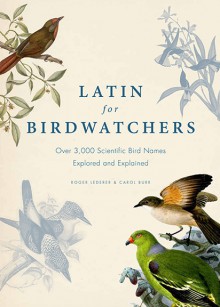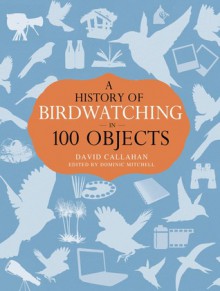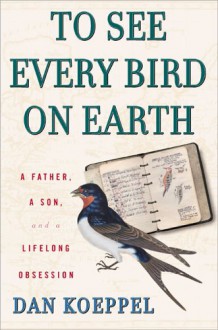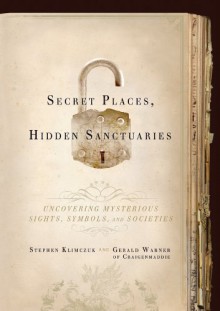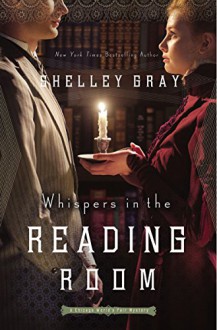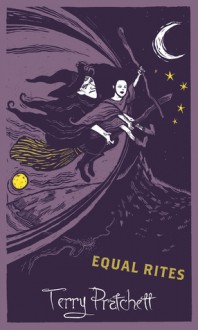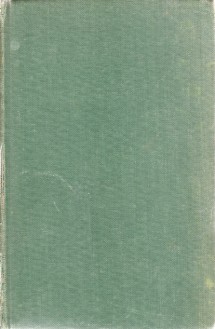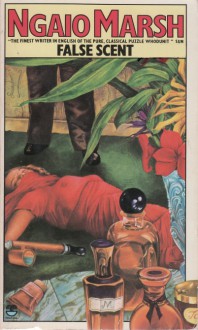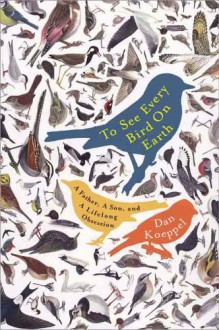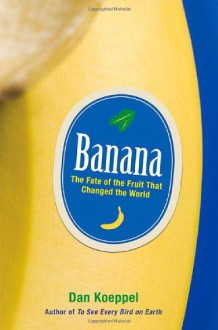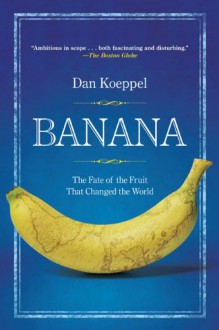My husband has always been a reader, but the last 9 months or so, he's really devoted more time to it and as a result has been tearing through "his" books with alarming speed. He keeps coming to me, saying: "you need to order me some more books". This past weekend, I said no. Then I took him to the used bookshops I discovered a few weeks ago so he could happily pick out a pile and save us a heap in shipping fees.
Which I promptly spent on books for me. Because honestly, anyone who has known me for 5 minutes knows you can't let me loose in a bookshop. Oh, and he needed new work pants, which meant we had to go to the mall - it's a close thing as to which of us hates the mall more, but there's a new bookshop that opened and it's small, but wonderful. MT found 4 books before he'd been in the store a full minute. I'm not sure the house's foundations can support both of us having a book habit.
Latin for Birdwatchers - This was a freebie from one of the used bookshops that isn't a used bookshop - it sells remainders and everything in the store is $10 or 6 for $50. This was my 6th book and I mostly bought it because it's beautiful but also because I'll learn something.
A History of Birdwatching in 100 Objects - So it turns out I'm a hopeless sucker for history via objects.
To See Every Bird on Earth - Anyone wondering if the bookshop had a birdwatching-themed display would not be wrong. Since wanting to see every bird on Earth is something I would be apt to declare as a goal, I figured I read this and find out just how unpleasant such a goal might be in reality (not to mention expensive).
Secret Places, Hidden Sanctuaries: Uncovering Mysterious Sights, Symbols, and Societies - I love a good hidden room or cryptic symbol and I haven't read much on the subject so there should be a lot of 'new to me' stuff here if the writing is good.
Whispers in the Reading Room - Has anyone read this series? The MC of this one is a librarian in Chicago and it takes place just after the World's Fair, so it was a done deal. Only, this one is the third in the series so I'm wondering if RIO is a must or not?
Equal Rites - My second Pratchett. I started with death but I wanted to try one of the witches books next.
The Moonstone - Because I feel like I can't call myself a mystery reader without reading this one.
False Scent - Pure cover love (also, see above).
new books: 8
books read: 5
physical tbr: 220

 Log in with Facebook
Log in with Facebook 
